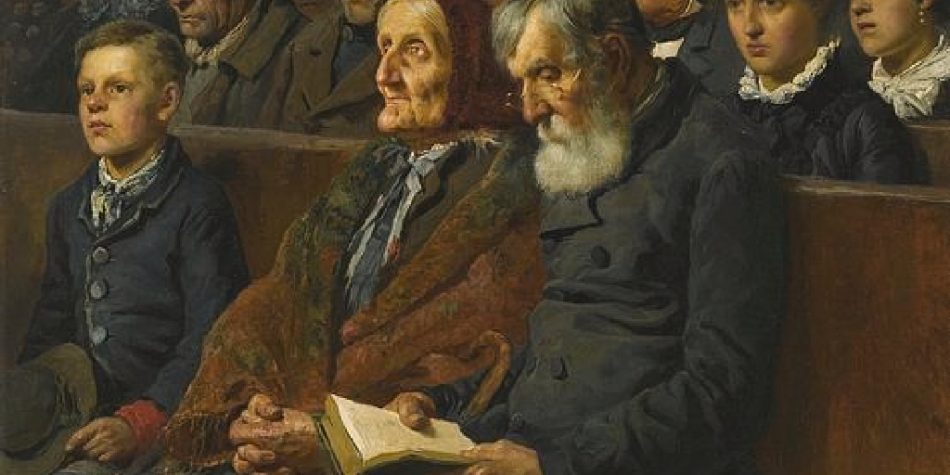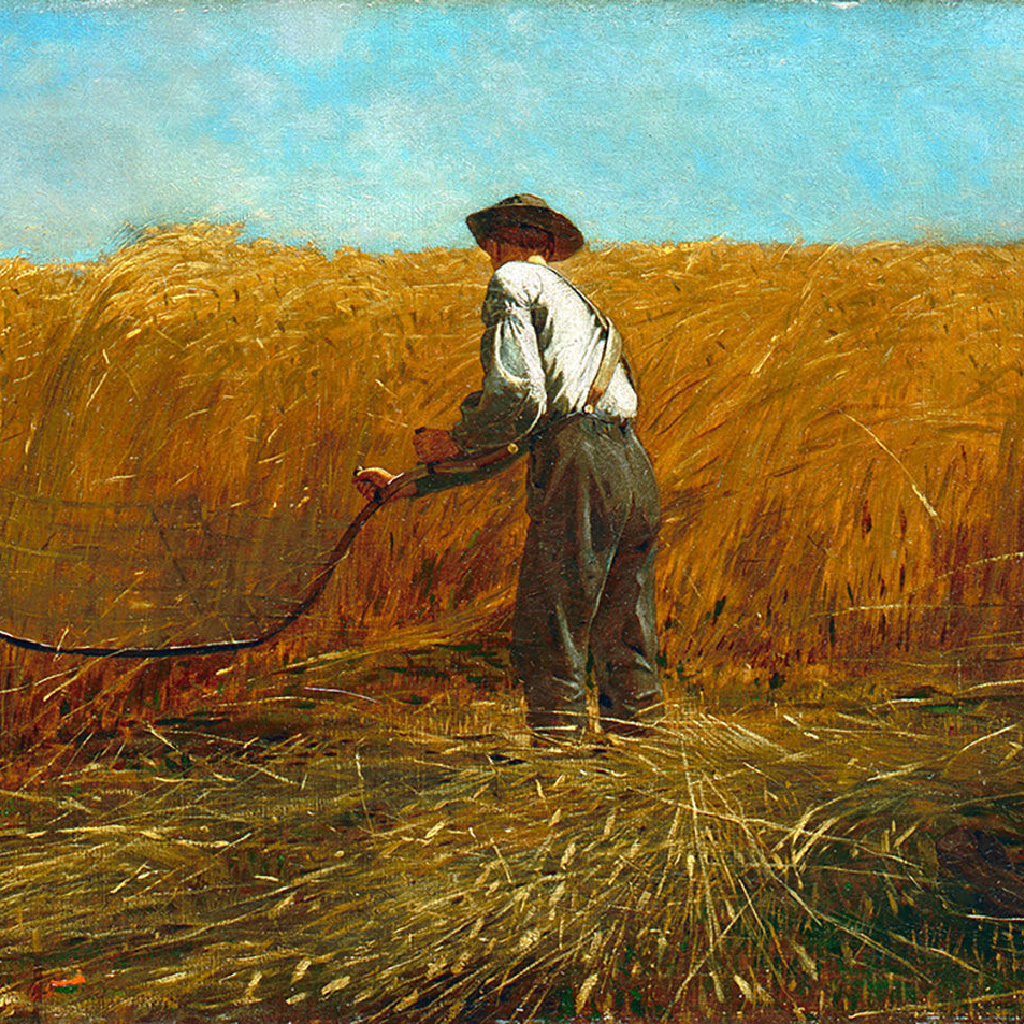In Part 1 of this series, I explored some basic differences in tendencies between conservative and liberal ways of thinking, and how they apply to our choices about what to believe. In what follows, we explore how these conservative and liberal tendencies apply to questions of authority, social dynamics, and belonging.
Questions of Authority
The Rise and Fall of Mars Hill podcast offers a large case study in questions of authority, showing how groups and individuals respond to authority figures. Much of the success of the podcast lies in the fact that the questions of authority laid bare in Mars Hill Church were common ones that are being asked in faith communities everywhere.
Authority is one of the most important questions for a faith community: which individuals carry authority to determine doctrine; whether important community norms are derived from legitimate authority; whether texts and other sources are authoritative, and why; and so forth. Then there is the question of authority for each individual, of how much to rely upon external sources of authority versus internal sources like intuition.
In general, conservative-leaning people appreciate strong sources of external authority, and for churchgoers, these sources of authority are usually a combination of strong leaders; authoritative texts like scripture and manuals; and the authority of tradition—along with their own personal experience of God. Liberal-leaning churchgoers tend to be skeptical of these sources, or at least more keenly aware of their limitations.
Liberal sources of authority tend to be more internal, and centered on the individual’s own intuition and lived experiences. However, academia is a major source of external authority for liberal-leaning churchgoers, which often brings them into conflict with conservative sources of authority that see academia as only one of many sources, not to be given priority over personal and institutional revelation or the shared witness testimony of believers.
It is possible to synthesize these sources of authority, which is why I recommend thinking of this process in terms of a discussion table. Each one of us invites to the discussion table sources of authority, like:
- The united voice of current church leadership
- Personal revelation
- Witness testimony of believers
- Scripture
- Logic and reason
- Scholarship
- Intuition
… and others. Which sources we invite to the discussion table at any given time depends upon the kind of question we are considering. And it’s okay that not all of these voices are in harmony on every question. When we sometimes see a healthy tension among our sources of authority, that is a normal part of a life of faith.
Social Dynamics and Belonging
As mentioned previously, conservative tendencies are helpful for the building of cohesive communities, and cohesion is an area where liberal communities often struggle. Conservative communities frequently operate with clarity of belief and purpose in ways that allow them to mobilize and engage in shared sacrifices that bind the community together. Where conservative communities often struggle is in efforts to maintain an outward focus, to be a light to the world.
In the case of Latter-day Saints, surveys have shown that we are likely to spend time “primarily with our own.” Some of this is in response to persecution we have endured over the years, but regardless of the cause, our influence in the world is diminished when we are perceived (or live) as insular and inward-focused. A conservative community’s engagement with the world can sometimes look like lobbing grenades from behind the high walls of a defensive fortress. To the degree that mindset is true, conservatives can spend more time than liberals on questions of boundaries, and insider/outsider status. These are essential questions for any community seeking cohesion, but like many other things, they can be taken to excess. When our stance toward the world is all threat mitigation, we become prone to the error of calling good evil: we can attribute evil motives to people who are simply confused, misguided, or misinformed. We become limited in our ability to reach people who God desires to reach. Everybody is perpetually insecure in a moral system based on inclusion and exclusion.
Some of these dynamics are illustrated in Jesus’ parable of the banquet, documented in Luke 14. In that parable, a man invites prominent guests—people he knows well—to a banquet feast, and they refuse the invitation, explaining that they don’t consider the banquet to be more important than their other priorities. The parable then takes an interesting turn:
Then the head of the household became angry and said to his slave, “Go out at once into the streets and lanes of the city and bring in here the poor and crippled and blind and lame.” And the slave said, “Master, what you commanded has been done, and still there is room.” And the master said to the slave, “Go out into the highways and along the hedges, and compel them to come in, so that my house may be filled. For I tell you, none of those men who were invited shall taste of my dinner.”
Here Jesus teaches a very challenging principle, that some of the people around us share our social status, politics, interests, and other factors that might lead us to regard them as “banquet-worthy.” But many of these people whom we regard as a “good fit” in our social circles are not actually interested in the banquet of Christian discipleship, with all of its intensive demands on our souls. Many of the people who are a good fit for the feast table are ones we would not normally think to invite: outsiders who are not in our social circles, and people who lack resources to repay our generosity. The head of the household (God) is best able to discern who belongs at the feast table, as He is not limited by our fears and our narrow self-interest. His comfort zone with human diversity is more expansive than ours.
Yes, some of the responsibility in belonging rests upon the individual. But the community shares in this responsibility as well, and the community’s role is to embrace God’s perceptions of belonging and stretch our reach to include and embrace people outside our comfort zone. As Jesus taught His followers, “For if ye love them which love you, what reward have ye? Do not even the publicans the same? And if ye salute your brethren only, what do ye more than others? Do not even the publicans so?”
In his April 2017 General Conference talk, “The Voice of Warning,” Elder D. Todd Christofferson spoke of the contrast between healthy gospel culture based on principles, versus the turmoil of honor/shame culture. He quoted New York Times columnist David Brooks:
In a guilt culture, you know you are good or bad by what your conscience feels. In a shame culture, you know you are good or bad by what your community says about you, by whether it honors or excludes you. … [In the shame culture,] moral life is not built on the continuum of right and wrong; it’s built on the continuum of inclusion and exclusion … Everybody is perpetually insecure in a moral system based on inclusion and exclusion. There are no permanent standards, just the shifting judgment of the crowd. It is a culture of oversensitivity, overreaction, and frequent moral panics, during which everybody feels compelled to go along.
Liberal engagement with the world is more informed by the tendency to neophilia (the openness to new things). Liberal churchgoers tend to value engagement with the world outside of the faith community, with less of a tendency than conservatives to view the world as threatening (including, of course, “those liberals”). Yet think of how this very liberal tendency could be seen as a tremendous asset to a faith community in many ways: whereas conservative insularity can lead to stagnant and rigid patterns in congregations, liberal tendencies to engage with the outside world and develop relationships with other communities can infuse a congregation with joyful energy.
Yes, like every other good thing, this tendency toward openness can become a liability, if it is not accompanied by other virtues like discernment and good judgment. So, maybe liberals need conservatives, just as much as conservatives need liberals? The world really does contain threats to our spiritual life and other dimensions of our well-being, and a challenging part of Christian discipleship is severing those influences from our lives, and limiting their ability to harm the community of believers.
In this way, we can start to see a synergy between liberal and conservative elements that can be easy to miss in the warring world around us. As Phil Neisser and Jacob Hess argue in their book, “You’re Not as Crazy as I Thought (But You’re Still Wrong),” most healthy individuals have both conservative and liberal-leaning elements—with certain things we hope to see changed, and other things we really hope stay the same. (Very few want everything to change or everything to stay the same). Maybe the same can be said of a healthy community?
Rather than being at war with each other over these identifiers, imagine if we could be in dialogue with each other over the different answers each side brings to the conversation? Thus, rather than being in endless conflict over whether to “change” or “stay the same,” an open-hearted conversation could seriously consider “what exactly should be preserved from our tradition, and what should stay the same?” And instead of constantly battling over merely whether to be tolerant or not, we might spend more time exploring “what does it mean to be open, tolerant, and accepting.”
Compared to the conservative focus on individual responsibility for belonging, liberals tend to view belonging as being primarily the responsibility of the community; individuals bring their diversity of thought and behavior, and the community is responsible for accommodating that diversity and embracing the uniqueness of each individual. The worldview that supports this perspective is called expressive individualism, wherein our own thoughts, feelings, and experiences reign supreme in convictions about reality and what is the right thing to do. An important presentation to understand some of the limitations of this approach and its inadvertent consequences in real life is Jeffrey Thayne’s recent Worldview Apologetics. In profound ways, the worldview of expressive individualism shapes our views on identity, what constitutes happiness, and what we should expect from the people around us. It’s hard to overstate how important these things are to appreciate, and yet sadly, few churchgoers are aware of them.
Why again does any of this matter? When people of faith make identities out of politics, culture, ethnicity, or other life experiences, this choice holds consequences for their sense of belonging with their faith community. Any experience in the community that feels invalidating to this separate identity will feel like oppression or even emotional abuse. Expressive individualism is a worldview that creates emotional fragility in its adherents and turns communities into minefields of interpersonal conflict. And increasingly in recent years, this way of thinking has become increasingly common and even taken for granted among both conservatives and liberals, leading to and explaining, in my view, so much of the increasing conflict with the church.
In summary, belonging is a dance. Liberals bring to the dance a distinctive focus on the steps that a community needs to perform, while conservatives tend to bring a focus on the key steps of the individual. Both sets of steps are essential in order for a faith community to understand and perform the dance of belonging to the best degree possible.
If this is true, it might encourage us all to open to our political opposites within our own faith communities in new ways – moving together in the direction of what Glenn Tinder calls “the attentive society,” meaning a place where “people listen seriously to those with whom they fundamentally disagree” and possess a “widespread willingness to give and receive assistance on the road to truth.”
In my final installment in this series, I will explore conservative and liberal approaches to the social gospel and some concluding thoughts.
















